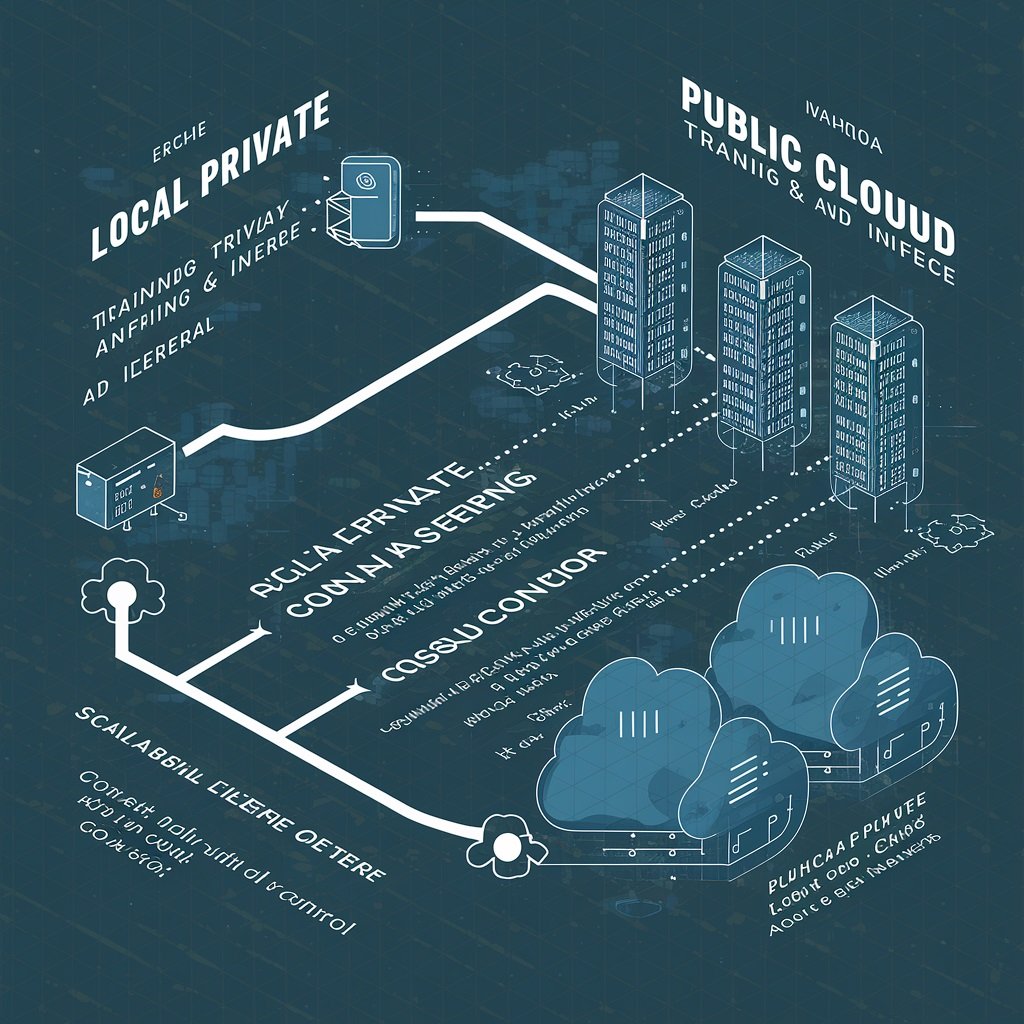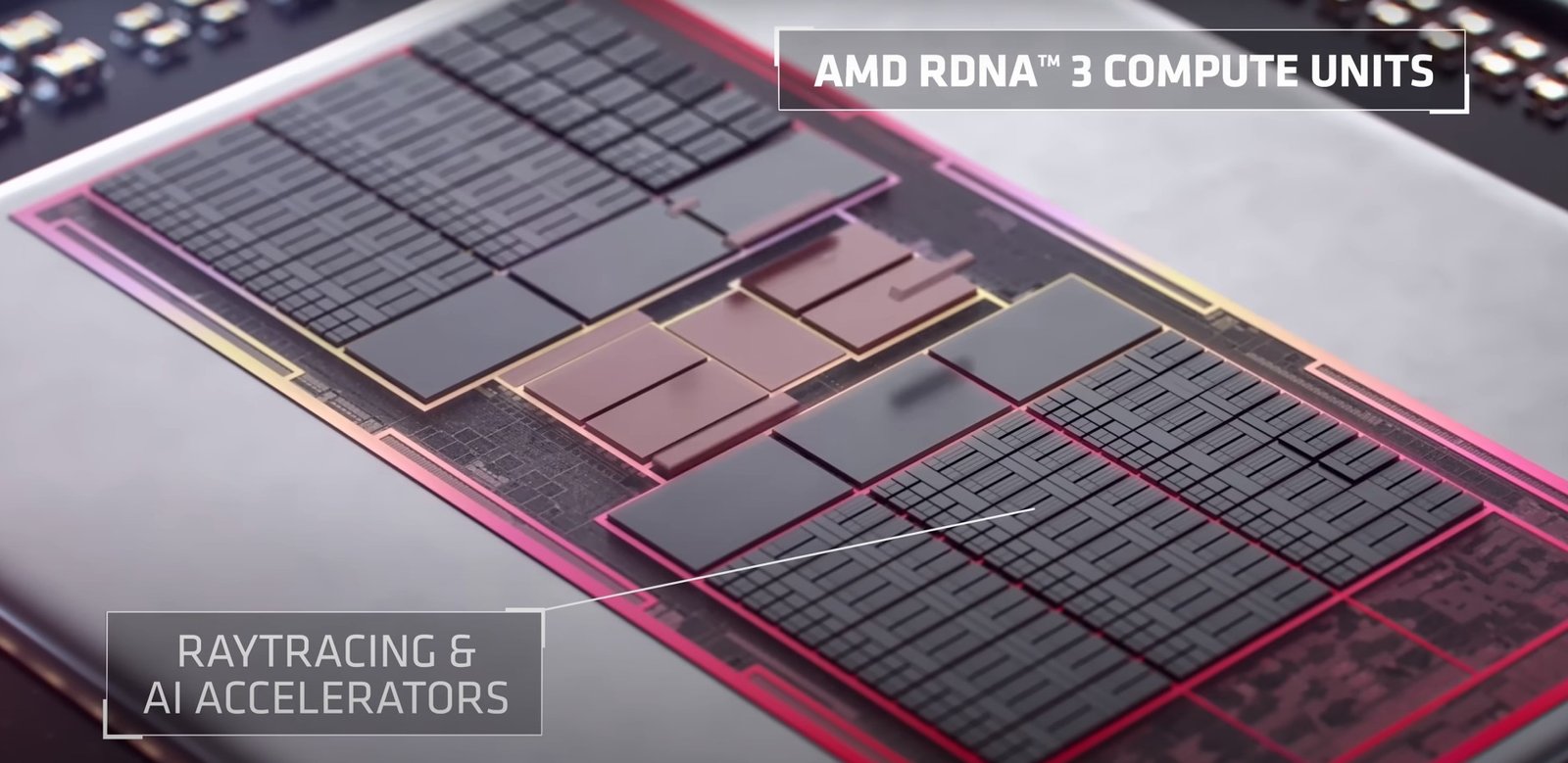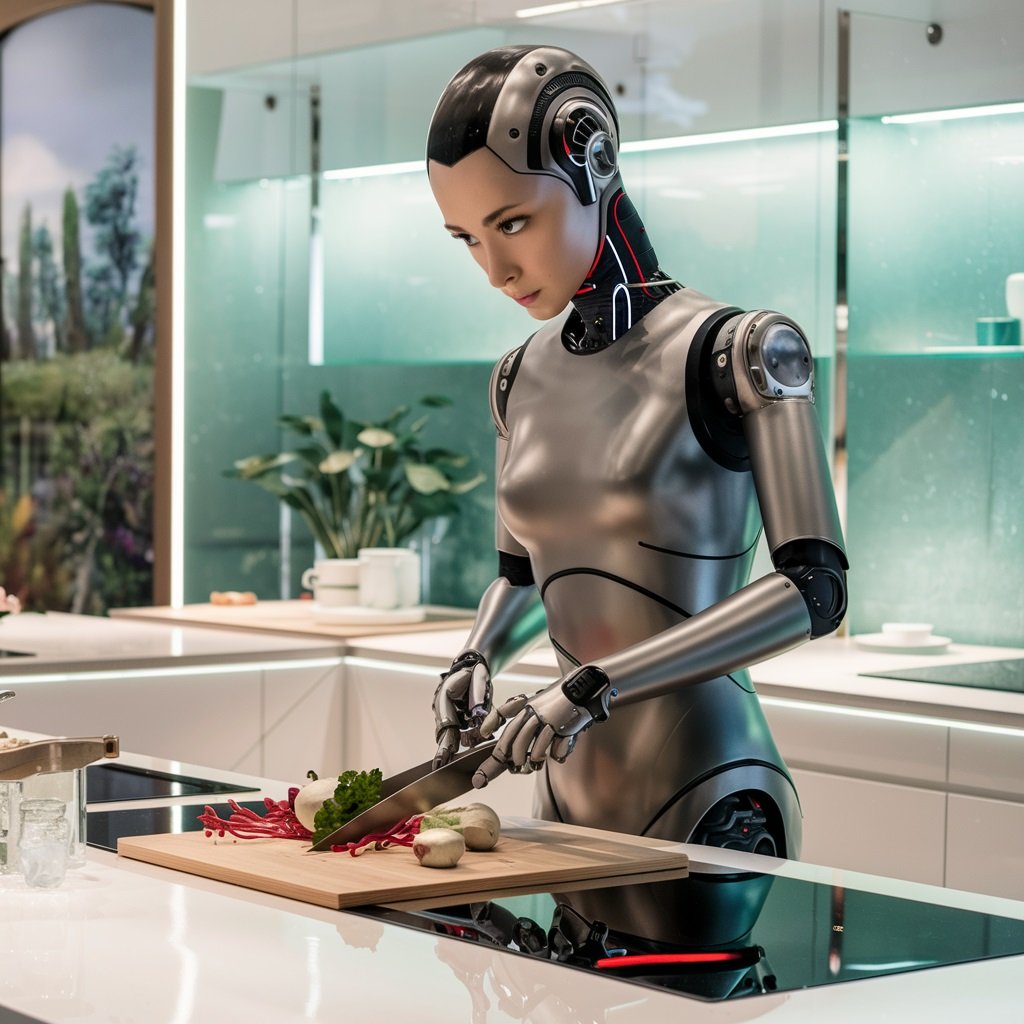In the rapidly advancing field of artificial intelligence (AI), two prominent contenders have emerged: OpenAI’s ChatGPT and Anthropic’s Claude. These Large Language Models (LLMs) have garnered attention for their capabilities, but how do they stack up against each other? In this comprehensive article, we explore the pros and cons of both ChatGPT and Claude, considering various aspects from performance benchmarks to practical applications.
1. Understanding ChatGPT and Claude
ChatGPT
ChatGPT, developed by OpenAI, is a versatile language model that excels in natural language understanding and generation. It can engage in text-based conversations, answer questions, summarize content, and even compose poems or code snippets. ChatGPT’s lineage traces back to GPT-3, and it has undergone several iterations to enhance its capabilities.
Claude
Anthropic’s Claude, on the other hand, represents a novel approach. Anthropic, co-founded by ex-OpenAI members, emphasizes AI ethics and safety. Claude is available in three variants: Claude 1, Claude 2, and Claude-Instant. These models are designed for tasks like summarization, editing, Q&A, decision-making, and code writing. Anthropic’s unique selling point lies in its “constitutional AI” approach, aligning the model with principles such as freedom and privacy.
2. Performance Benchmarks
ChatGPT
- Pros:
- Natural Language Understanding: ChatGPT provides articulate responses and demonstrates nuanced understanding.
- Scalability: It efficiently handles large-scale language processing tasks.
- Versatility: ChatGPT’s accuracy and convenience make it suitable for various industries.
- Cons:
- Training Challenges: Training ChatGPT to handle diverse topics can be difficult.
- Potential Bias: Like any language model, ChatGPT may inherit biases from its training data.
Claude
- Pros:
- Quality Responses: Claude outperforms ChatGPT in articulation and writing quality.
- Ethical Approach: Anthropic’s constitutional AI ensures responsible behavior.
- Long Document Capabilities: Claude 3 can read up to 200,000 words at once.
- Cons:
- Limited Availability: Claude is currently available only in 159 countries as opposed to ChatGPT’s 195 countries.
- Security Concerns: Immense amount of personal data collected could lead to vulnerabilities in security and data protection.
3. Practical Applications
ChatGPT
- Pros:
- Everyday Convenience: ChatGPT reduces manual work in language processing.
- Education Accessibility: It removes barriers for people with disabilities and non-English speakers.
- Industry Enhancement: ChatGPT benefits marketing, programming, research, and more.
- Cons:
- Topic Adaptation: Training ChatGPT for specific domains remains challenging.
- Biased Responses: It may inadvertently produce biased answers.
Claude
- Pros:
- AI Safety: Claude’s constitutional AI approach prioritizes safety.
- Quality Assurance: It excels in summarization, editing, and decision-making.
- Ethical Alignment: Claude adheres to principles like privacy and humane treatment.
- Cons:
- Output Validity: Many AI models, including those of Claude, can be trained to give fake information.
- Limited Web App: Anthropic does not seem to have an answer to OpenAI’s “Assistant API”, with most development and AI model training requiring custom work.
Choosing between ChatGPT and Claude depends on specific use cases, ethical considerations, and performance requirements. While ChatGPT offers versatility, Claude’s focus on safety and quality sets it apart. As AI continues to evolve, understanding these models’ strengths and limitations is crucial for informed decision-making. For a more detailed illustration and video of the actual performance benchmarks, head on over to Matthew Berman’s YouTube channel to watch the comprehensive review here.
In the battle of LLMs, both ChatGPT and Claude bring unique advantages to the table. Whether you seek convenience, precision, or ethical alignment, the choice ultimately hinges on your specific needs and priorities.











Leave a Reply